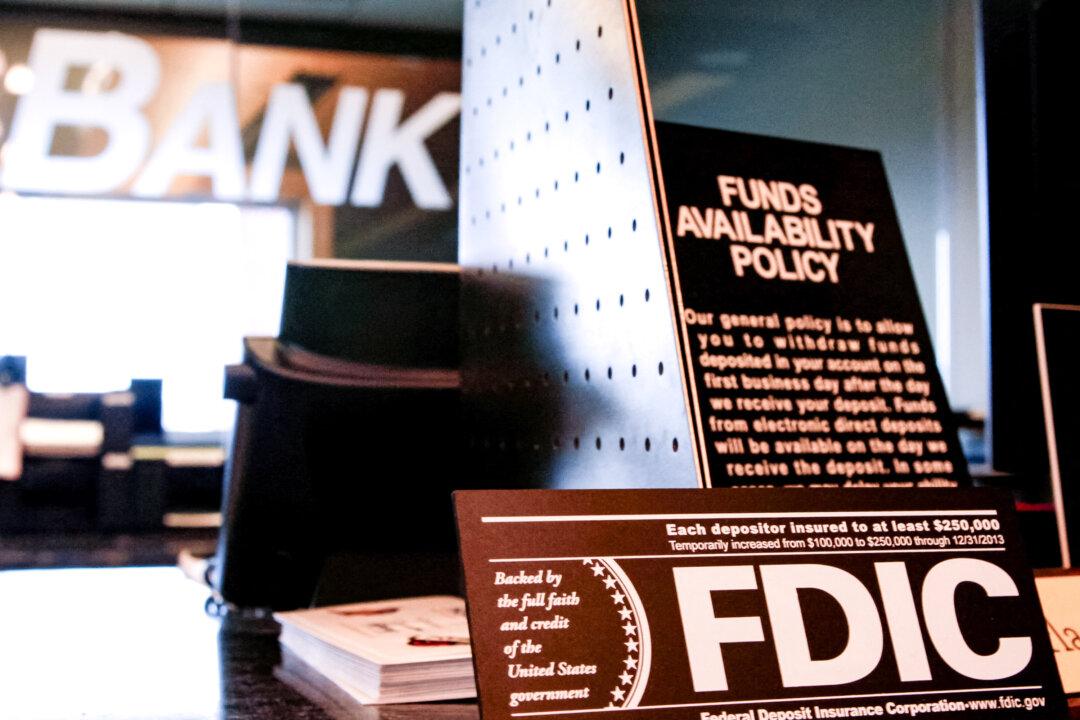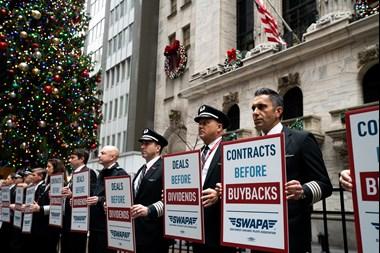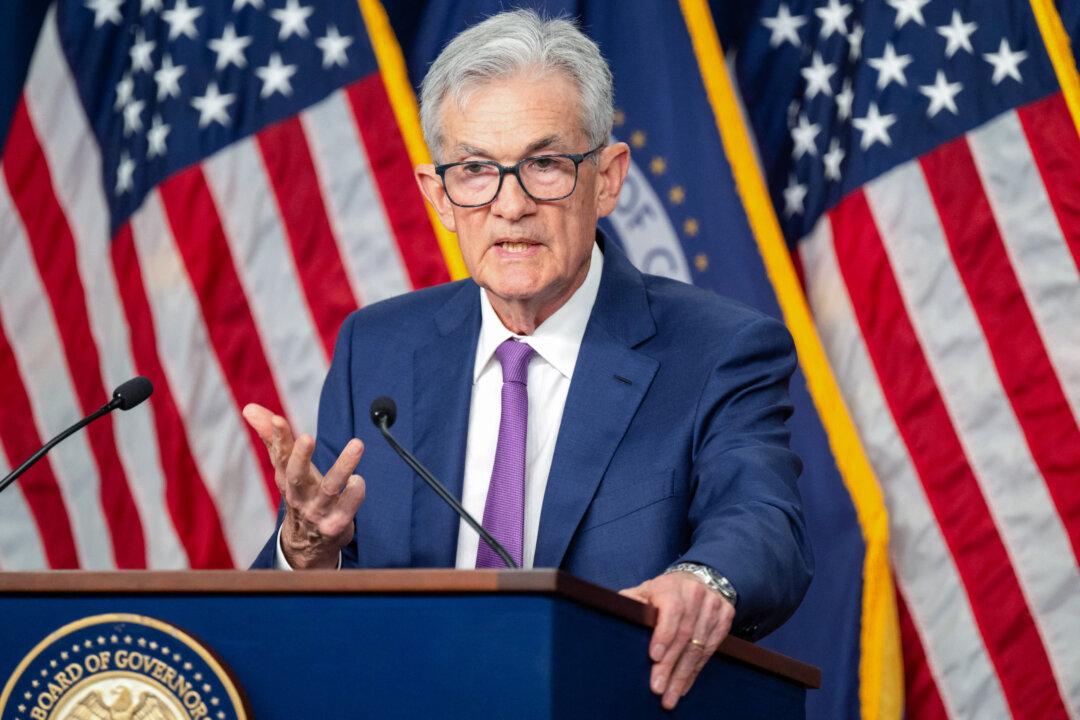Commentary
Clearly, Russian President Vladimir Putin is aligning the chess pieces for either an invasion of Ukraine or to deter NATO and the EU from considering Ukraine as a member. With over 125,000 troops and thousands of pieces of armor massed on the Russian/Ukrainian border, comes news this week that Russian forces will also be “conducting an exercise” in Belarus.





